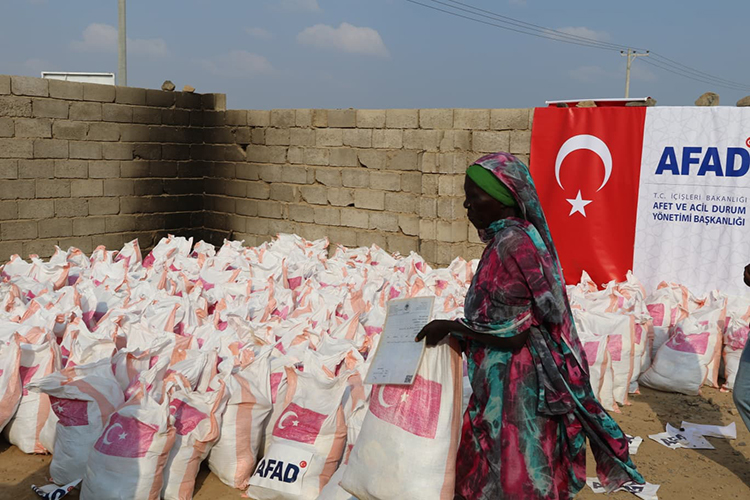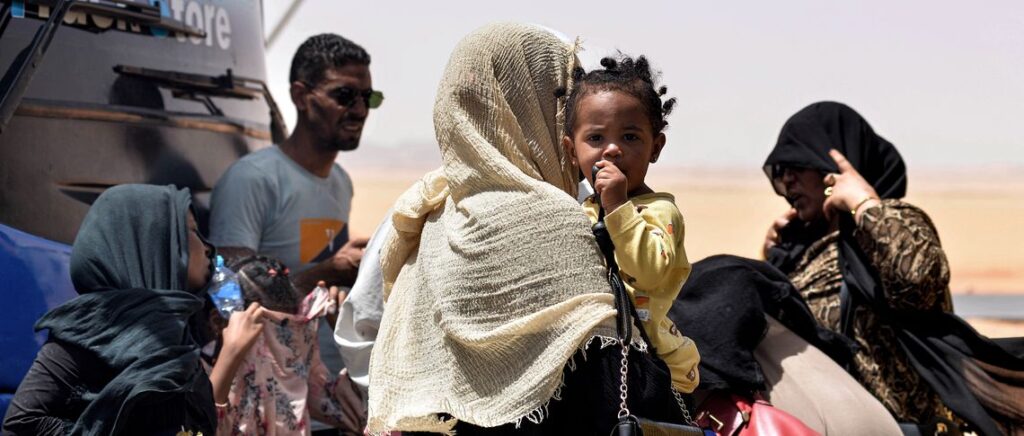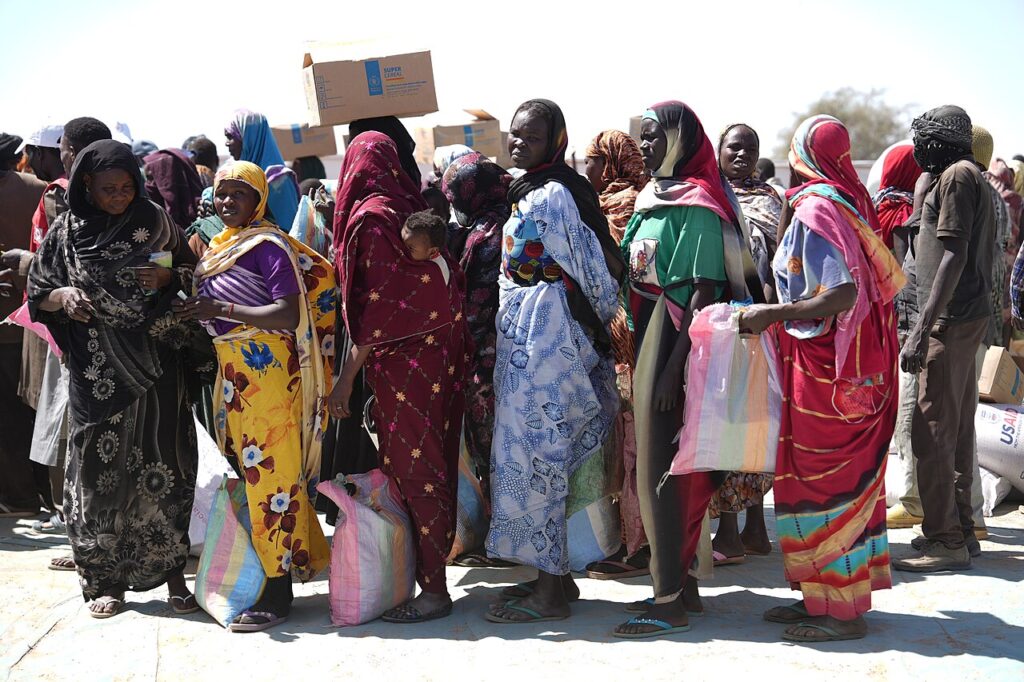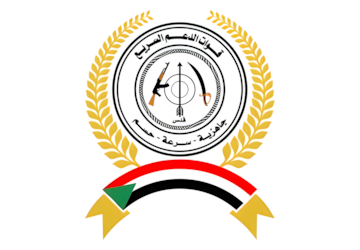
Achim Steiner, the Administrator of the United Nations Development Programme (UNDP), confirmed a severe famine in Sudan’s North Darfur and potentially in 14 other regions on Monday.
The confirmation follows an assessment by the Famine Review Committee (FRC) highlighting that famine conditions are widespread, especially in North Darfur’s Zamzam camp in El Fasher, affecting around 500,000 people.
Steiner stressed the gravity of the situation, “Famine is not merely a likely and devastating future prospect, but an actual and cruel present reality in North Darfur.”
UN’s assessment and confirmation directly contradict claims on Sunday by Sudan’s army-controlled government denying the existence of famine in North Darfur’s Zamzam camp for internally displaced people.
Sudan’s Federal Humanitarian Aid Commission refuted the famine reports, stating that conditions in the camp did not meet the criteria for declaring a famine.
Sudan army leader General Abdel Fattah al-Burhan’s army (SAF) also has made claims that a famine declaration could serve as a pretext for international intervention in the country.
U.S. Special Envoy for Sudan Tom Perriello revealed early this week that he had been in contact with General al-Burhan, two months before the Geneva talks on a humanitarian ceasefire.
Perriello’s revelation that al-Burhan reached out for peace talks raises questions about the sincerity of al-Burhan’s earlier statements regarding a SAF boycott of the peace summit.
Following months of stalling peace initiatives and talks, General al-Burhan has now resorted to denying the reality on the ground in Darfur and hope that the world looks away, some social media users commented on X.
While others accused the SAF and allied jihadi brigades of carrying out attacks against innocent civilians.
Steiner called for an immediate and comprehensive humanitarian response, urging all conflict parties to cease hostilities and allow unhindered humanitarian access to Greater Darfur.
70% of rural households are unable to cultivate land, a quarter cannot access markets due to safety concerns, and 43% cannot afford food even when available, Steiner added.
On Friday, the RSF expressed “full solidarity” with famine victims and reiterated an offer to collaborate with the United Nations to facilitate aid delivery.
The ongoing conflict between General al-Burhan’s army (SAF) and the Rapid Support Forces (RSF) has caused the world’s largest internal displacement crisis, leaving 25 million people, or half the population, in urgent need of humanitarian aid.
Restrictions on humanitarian access and intentional impediments by General al-Burhan’s SAF have severely hindered aid agencies’ response efforts, exacerbating the food crisis and driving some households into famine conditions.
Sudan faces a multi-sectoral collapse, with unmet needs for health services, water, food, nutrition, shelter, and protection.
The country also endures the world’s largest internal displacement crisis, with over 7 million internally displaced since April 15, 2023, and an additional 2.1 million displaced across borders into neighboring countries.




